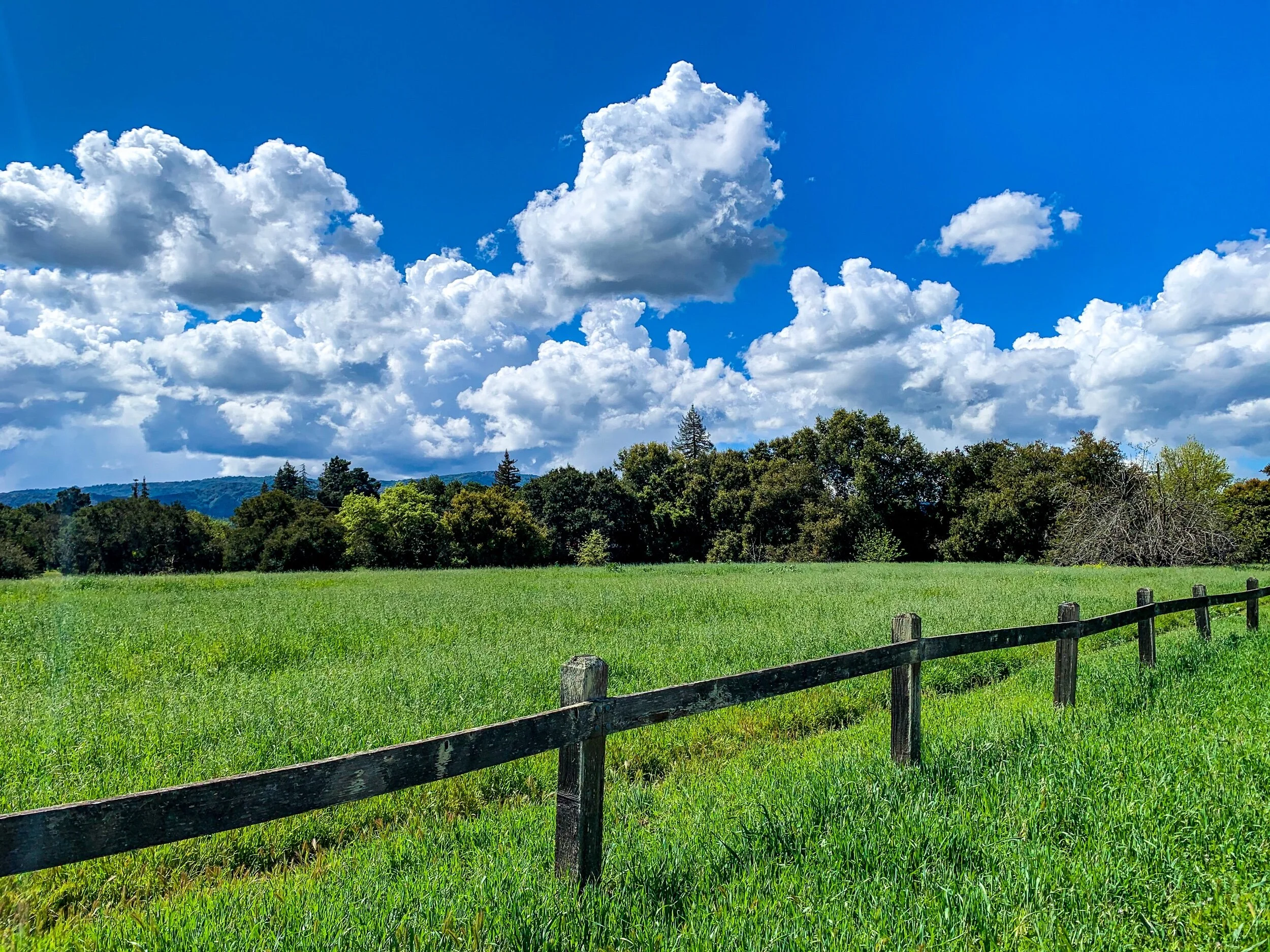Striving for Better
When I talk to them people always ask me, “how does it feel to be back?” I was posed this question when I returned from living abroad in 2015 as well. Given my lifestyle choices, I’ve become accustomed to the question.
In the current circumstances, it’s particularly difficult to process everything, to explain to someone. Yes, life is “back to normal” in a sense: I take hot showers everyday. I get to eat healthy meals, and food is in abundance. My bed is comfortable and there’s a reassurance in the familiarity feeling of home. I didn’t enjoy any of these luxuries while traveling around the world.
But it’s also not normal. I haven’t actually seen anyone, any of my friends or extended family, since I’ve been back. I don’t leave the house save for brief walks. I reach out to my friends in other countries to check in and make sure they’re doing okay. This isn’t normal for any of us, and I know I have it so much easier than so many others.
So when I answer the question I go with the word “ominous.” Things are radically different, but people act as if going “back to normal” will be a return to nirvana. Did we really enjoy how skewed society was before? Can we understand that American life in lockdown is still exponentially better than “normal” life in the third world? Are we so immune to those outside our stratus? These questions give me a terrible sense of foreboding.
This pandemic is forcing us to change our behavior—but are we changing our thinking? Are we simply weathering this storm, putting up with social distancing and shelter-in-place while we have to, impatiently waiting for the return of freedom? I’m with Andrew Yang on this one—we need to think harder. We need to think more deeply about how the world operates. We need to be critical of the “normal” world. Our altered lives now are better than billions of others’ normal lives ordinarily. How can we “go back to normal” when this is over? Let’s forget “normal" as a society. Let’s strive for better.

